Caring for a cat goes beyond providing food, water, and a cozy place to sleep. Just like humans, cats need mental stimulation to stay happy and healthy. Without sufficient intellectual enrichment, your furry friend might become bored, stressed, or exhibit undesirable behaviors. Understanding and recognizing the signs that your cat might need more mental stimulation can help you enrich their life and enhance their well-being.
1. Increased Destructive Behavior
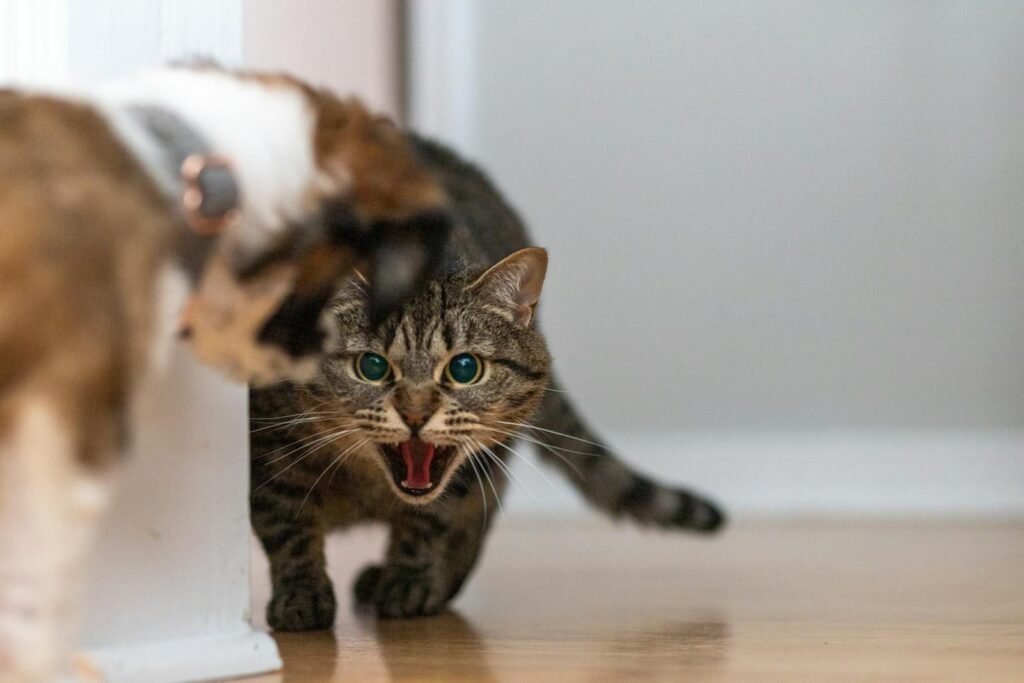
Has your cat developed a sudden interest in shredding your couch or knocking over objects? Destructive behavior can often be a cry for more mental engagement. Cats are naturally curious creatures, and when they don’t have enough activities to occupy their active minds, they may resort to destructive means. Providing a variety of toys, puzzle feeders, and safe scratching areas can help redirect their energy in a positive way.
2. Excessive Vocalization
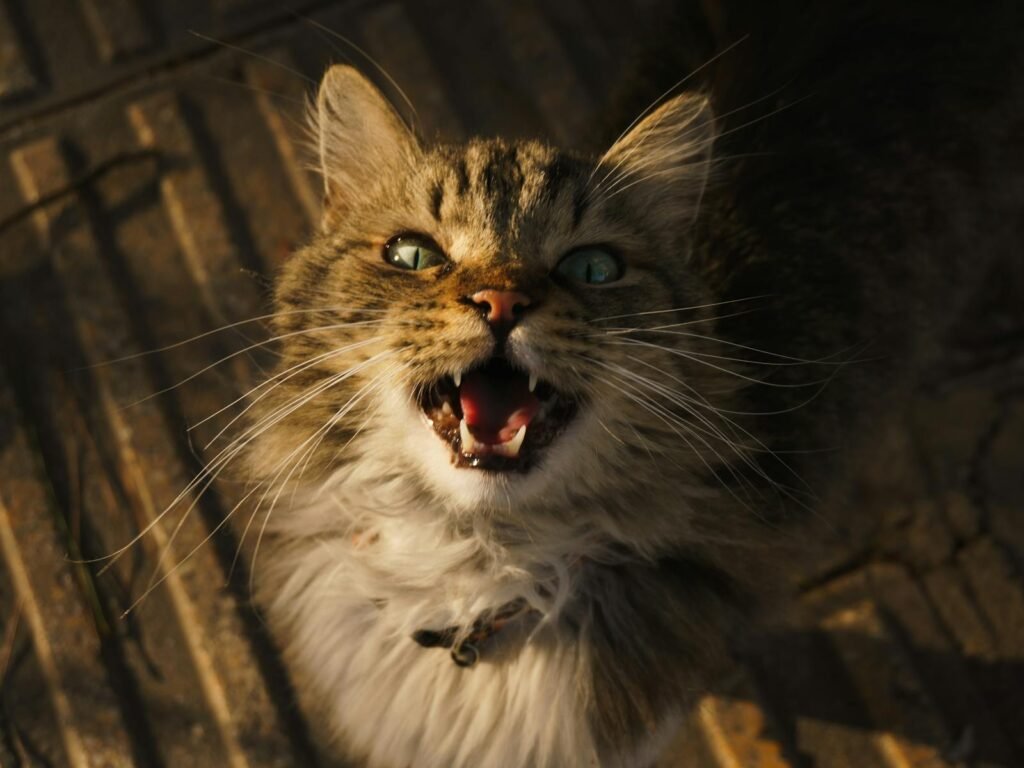
While it’s normal for some cats to be chatty, a sudden increase in vocalization can be an indicator that your feline friend is bored. With not much to do, cats might meow or yowl excessively to grab your attention or out of sheer frustration. Engaging your cat in interactive playtime or teaching them new tricks can help reduce this behavior.
3. Overeating or Undereating
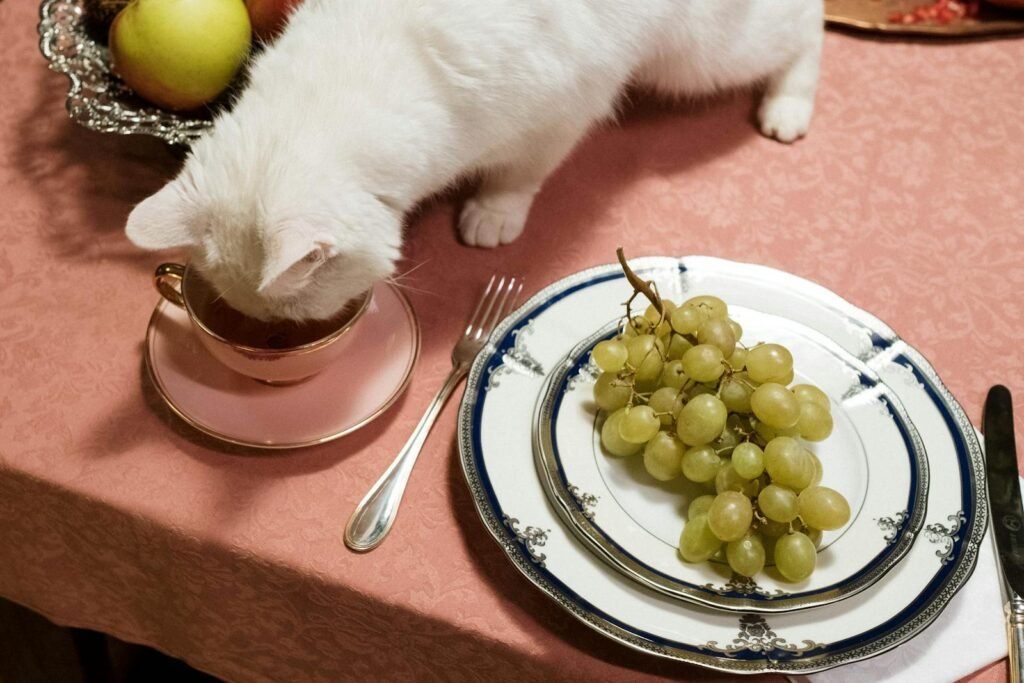
Just like humans, cats might turn to food when they’re lacking mental stimulation. Some cats may overeat out of boredom, leading to weight gain, while others may under-eat because they’re simply not motivated. Ensuring mealtime is engaging by using treat-dispensing toys or hiding kibble around the house can stimulate their natural hunting instincts.
4. Sleeping More Than Usual
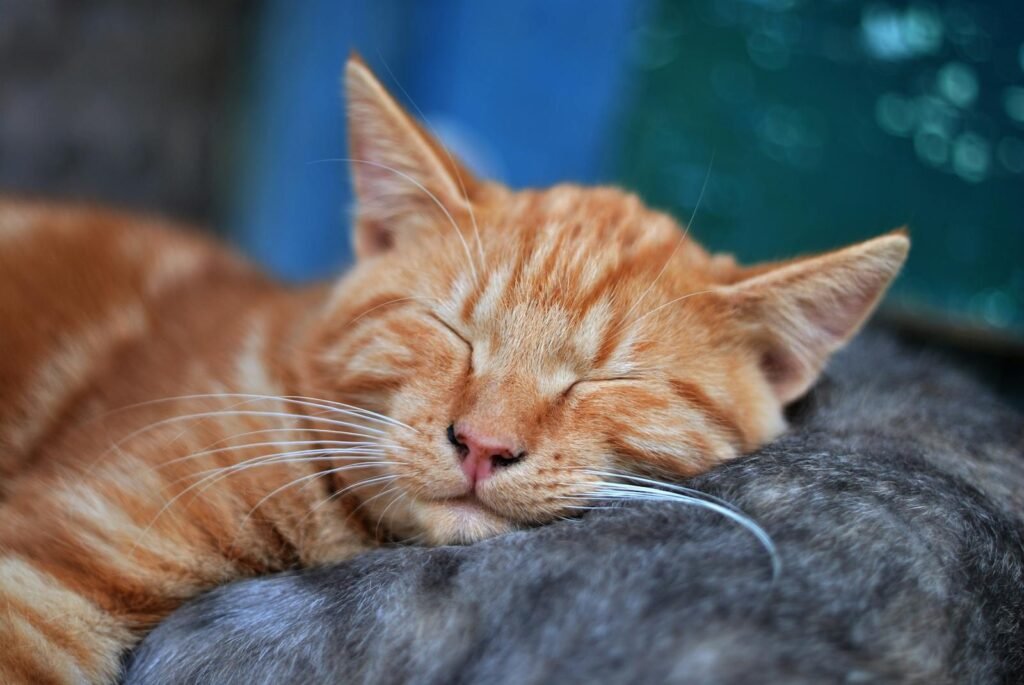
While cats are known for their love of naps, excessive sleepiness can be a sign that your cat’s routine is lacking in excitement. If your cat is sleeping more than usual, it might be because they find their environment unstimulating. Introducing new activities such as interactive toys or climbing structures can provide the mental engagement they need.
5. Hyperactivity During the Night
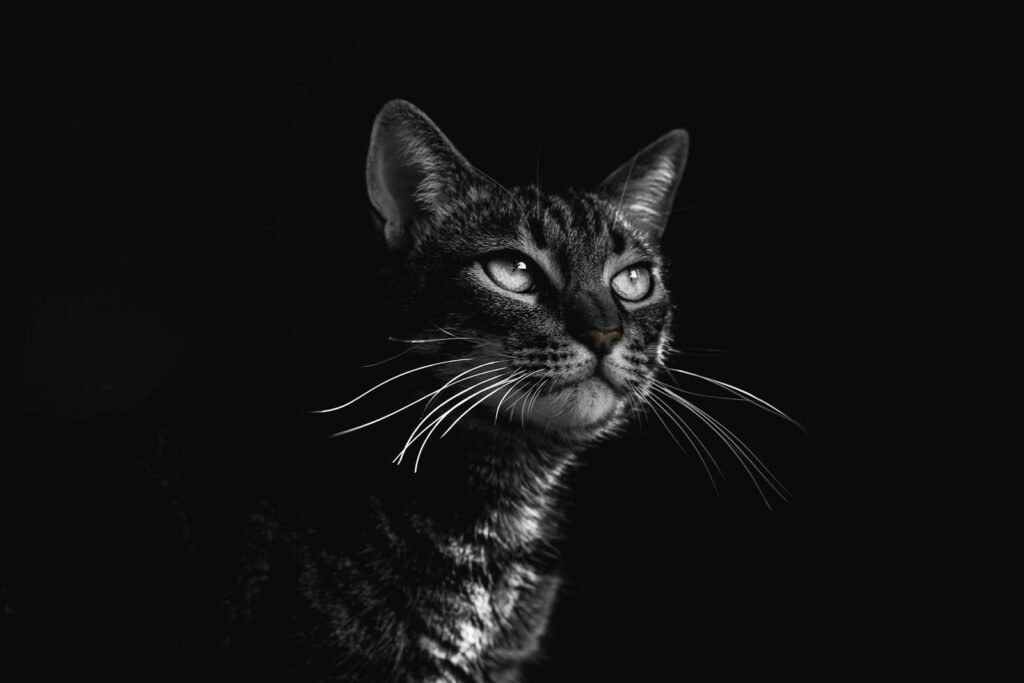
Cats are typically crepuscular, meaning they are most active during dawn and dusk. However, if your cat is racing through the house at night, it might be because they didn’t get enough physical and mental exercise during the day. Increasing daytime activity through play sessions can help your cat expend energy and encourage them to rest through the night.
6. Obsessive Grooming or Licking
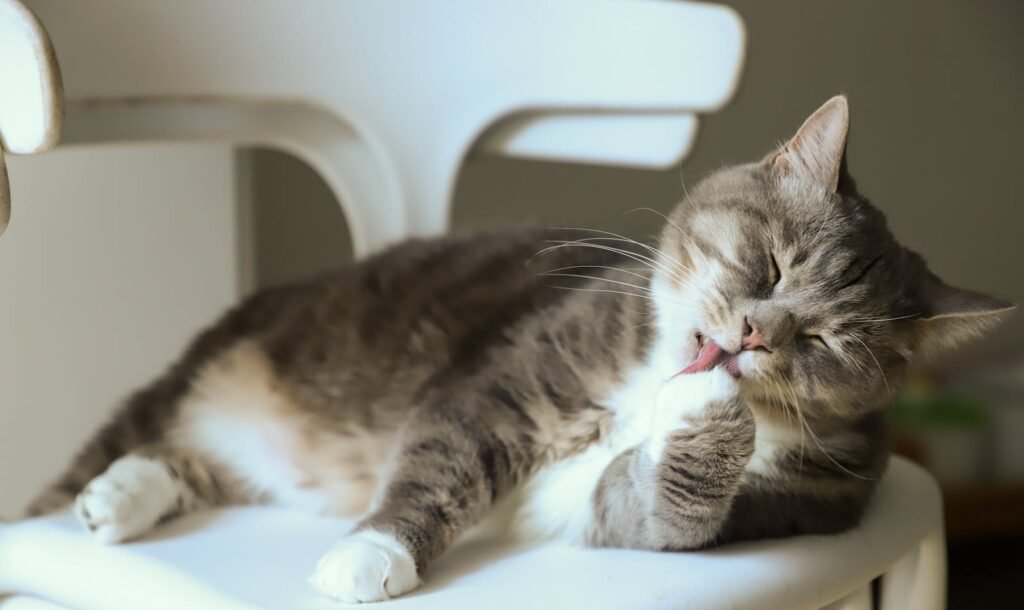
Excessive grooming or licking can be another sign of boredom and unmet mental needs. Cats may start obsessively grooming themselves when they lack other mental stimuli, which can sometimes lead to fur loss or irritations. Introducing environmental enrichment, such as sensory toys and catnip-filled items, can alleviate this behavior.
In conclusion, being attentive to these signs can help you recognize when your cat might need more mental stimulation to ensure they lead a balanced, happy life. Engaging your feline friend with a variety of activities, enriching their environment, and paying attention to their needs will promote a harmonious and loving relationship with your furry companion. Providing the right stimulation not only prevents behavioral issues but also enhances their overall well-being, making sure your cat thrives both mentally and physically.

Growing up traveling and experiencing new cultures and wonders, I have had a passion for nature, adventuring, photography, and videography. I am currently working towards a BSc in Biodiversity and Ecology at Stellenbosch University, and I hope to specialise in Marine Sciences one day.
Please send any feedback to Feedback@animalsaroundtheglobe.com






